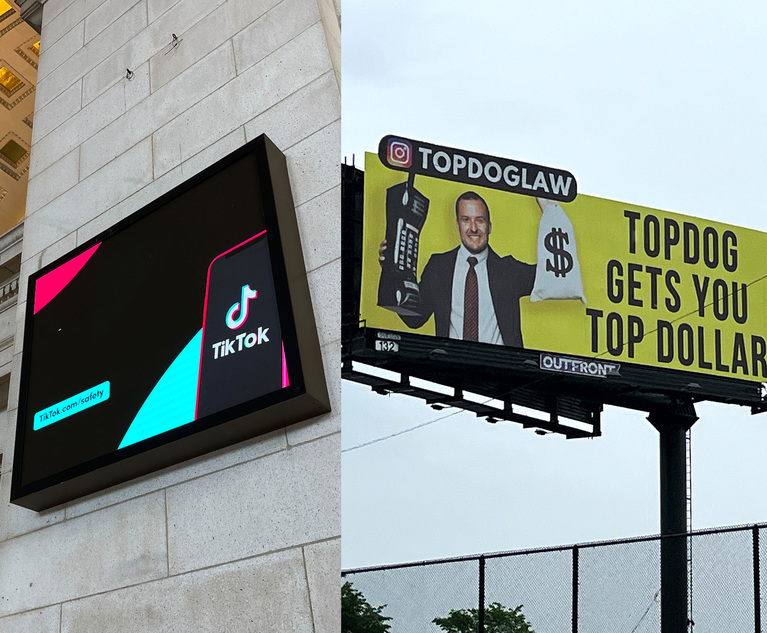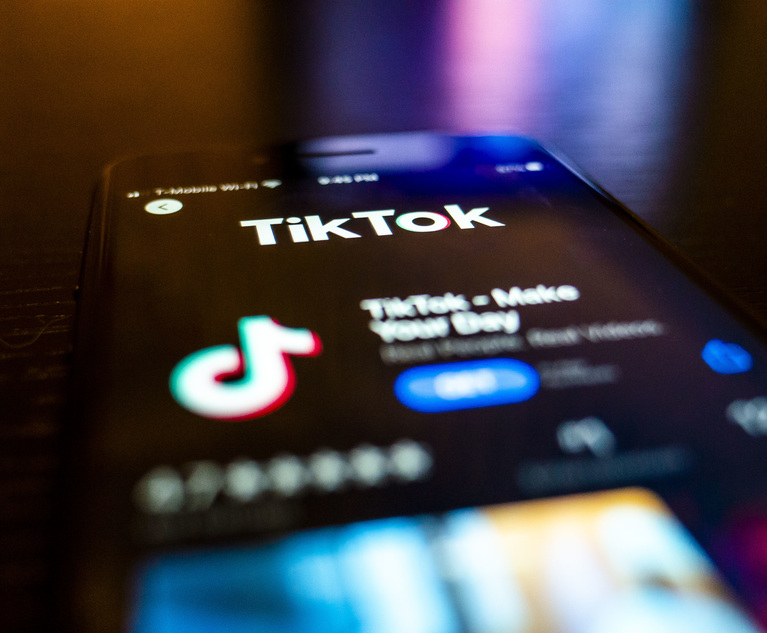The U.S. Supreme Court soon will hear two cases that challenge social media platforms’ immunity from liability for content generated by third parties. The outcome could have several significant implications on how those platforms operate, including a reduction of video recommendations and more difficulty finding videos. The cases are Gonzalez v. Google and Twitter Inc. v. Taamneh.
 Peter B. “Bo” Rutledge, dean of the University of Georgia School of Law.. (Courtesy photo)
Peter B. “Bo” Rutledge, dean of the University of Georgia School of Law.. (Courtesy photo)
The cases concern Section 230 of the 1996 Communications Decency Act, which provides, with some exceptions, that “[n]o provider or user of an interactive computer service shall be treated as the publisher or speaker of any information provided by another information content provider.”
This content has been archived. It is available through our partners, LexisNexis® and Bloomberg Law.
To view this content, please continue to their sites.
Not a Lexis Subscriber?
Subscribe Now
Not a Bloomberg Law Subscriber?
Subscribe Now
LexisNexis® and Bloomberg Law are third party online distributors of the broad collection of current and archived versions of ALM's legal news publications. LexisNexis® and Bloomberg Law customers are able to access and use ALM's content, including content from the National Law Journal, The American Lawyer, Legaltech News, The New York Law Journal, and Corporate Counsel, as well as other sources of legal information.
For questions call 1-877-256-2472 or contact us at [email protected]


 Mountain View, California-based headquarters of Google. (Credit: MSuper/Shutterstock)
Mountain View, California-based headquarters of Google. (Credit: MSuper/Shutterstock)




